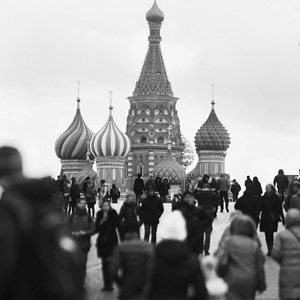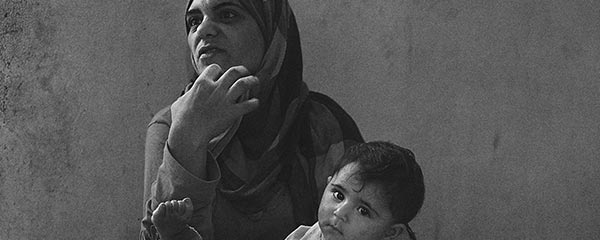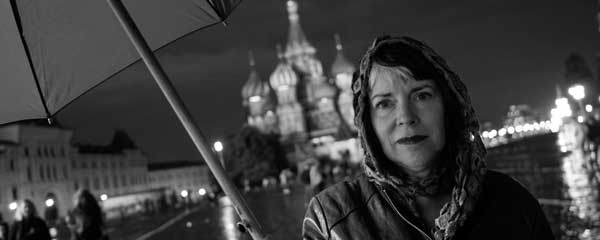For this year's edition of Gallup's Conversations on International Women's Day, we focus on the experiences of three female interviewers in Central Asia: Zamira, Aisha and Gzel. We have changed their names to protect their identities.
Zamira, 38, lives in Kazakhstan, the last former Soviet republic to leave the former Soviet Union. Aisha, 42, lives in neighboring Kyrgyzstan, and Gzel, 28, lives in Turkmenistan -- one of the most sparsely populated and isolated countries in Central Asia. All three do their interviews in person in these countries.
Gallup: Aside from earning a paycheck, why do you do this type of work?
Zamira: Making money is the last reason why I do this job. I love communicating with different people and all the variety that this job gives me. Every day, I get to meet new people. I like telling them that these polls are needed and that their answers are very important. This job also helps me improve my professional skills.
Aisha: I learn so much. I get to go to different places and get to know new people. Sometimes I'm amazed that there are so many different customs and nationalities. When I see all the different ways that people are living, I thank God for everything I have.
But I also see my job as necessary. My work as an interviewer gives a voice to the community and brings their voices to the public.
Gallup: Can you tell me about one of the toughest situations you've been in as an interviewer? What happened and what did you do?
Aisha: In one village, I started to interview a young bride. She was very happy and began to answer the questions with great pleasure. But then her mother-in-law came in and started to scold me and the young woman. The young woman became very uncomfortable and asked me to leave. This weighed very heavily on me, not because I was kicked out, but because I felt terrible for the young woman.
Gzel: About a year ago, I was interviewing in a remote village and locals took me for a "suspicious person" and called law enforcement. I was detained. After everything was cleared up, they let me go. Despite these difficulties, the risks are justified. They harden you as a person, and against the background of situations like this, minor life troubles seem banal and don't cause you as much anxiety.
Gallup: How do you feel when you interview women in your country? How do you think they feel to be asked questions? Do they tell you?
Zamira: Women can calmly answer many questions without being afraid of anything. Of course, everyone has their own forbidden topics. But in most cases, women speak freely about many things.
Gzel: Some women -- mostly older women -- are active and interested. But with many, there is a feeling of a constant rush, stiffness and distrust -- an overall reluctance to communicate. In this regard, men are easier to interview (at least if the interviewer is female). Older women generally feel more comfortable talking, but young women are more afraid to answer questions.




